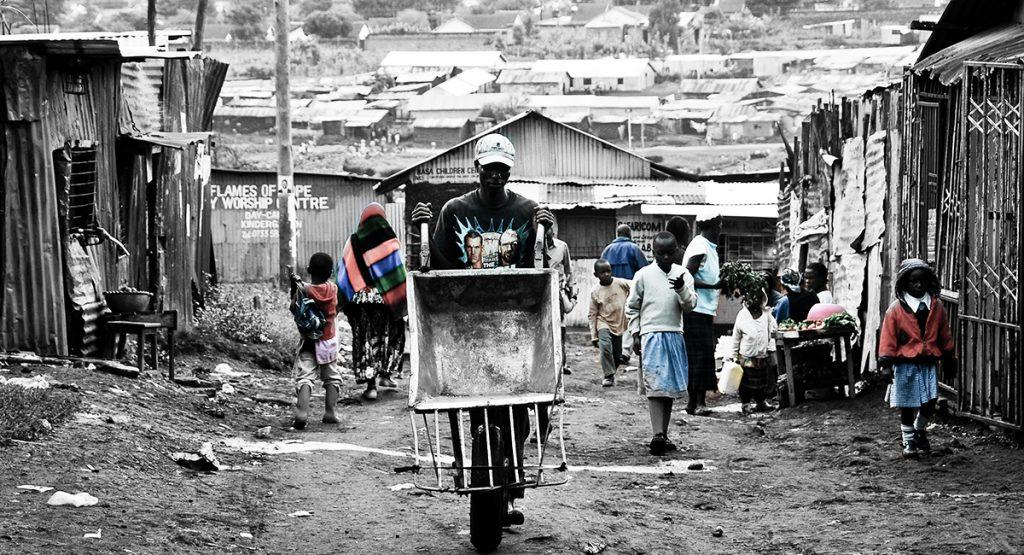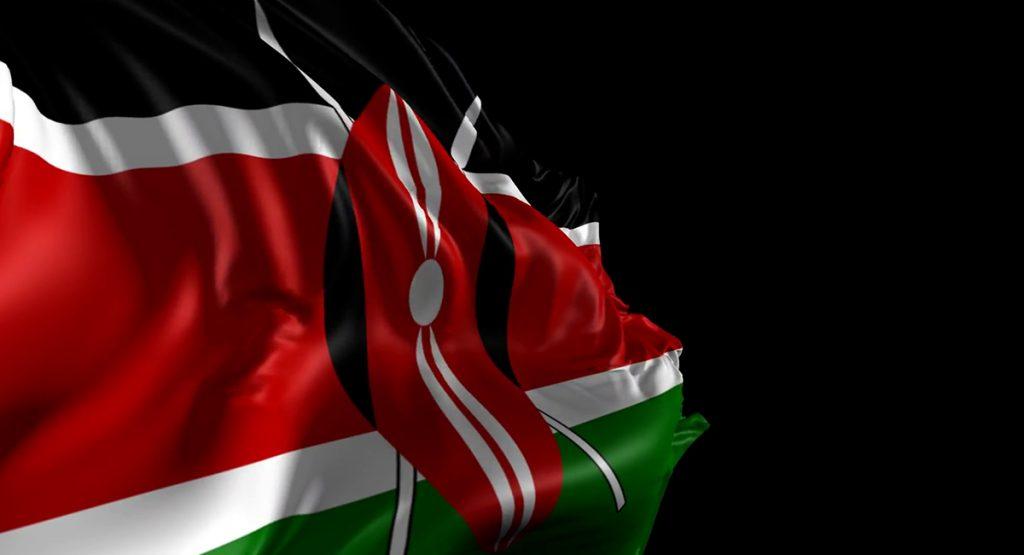Kenyan political history places young people at the forefront of the socio-economic and political liberation struggle. During the struggle for Kenyan independence in the early ’60s, the youth were at the center as planners, mobilizers, and foot soldiers of the Movement for the liberation of Kenya against British Colonialist: the Mau Mau (youth), with an ambition of emancipating Kenya from the oppression and guarantee (Political) freedom. Similarly, the post-independent Kenya and clamor for multiple party democracy periods in the 1990’s documents active youth participation in form of political caucuses, street protests, and formation of political parties such as Forum for Restoration of Democracy Kenya( Ford- Kenya) amongst other political outfits piling pressure on Moi regime to amend section 2A of the Kenyan Constitution. First forward to the current constitutional change discourse (BBI) and the upcoming general elections in 2022, what can be the vision of the Ideal ‘Youth party of Kenya?’
Beyond Demographic advantage to policy orientation
The Kenyan Constitution defines the youth as a person of the age of above 18 years but below 35 years. This same demographic interestingly occupies 75% of the Kenyan population according to the Kenyan Housing and population Census of 2019. Beyond the larger demographic advantage; the youth are largely excluded and underrepresented in the political governance and decision-making structures of Kenya. Siasa Place observes that while some youth engage in political discourse, a significant proportion remains undecided on their political choices
Cure for Regional Ethnic Parties and Politics
The majority of the established political parties in Kenya are formed based on ethnic origin and regional composition. Ethnic balkanization and regionalism are reflected both in their leadership structure and membership base. Ideally, the formation of political parties in Kenya should reflect the diversity of the Kenyan population, what is commonly referred to as ‘the face of Kenya’ the reality is that most of the political parties in Kenya are ethnic-based. It then follows that during political elections, ethnic and regional balkanization becomes a priority not addressing issues. The casualties are the youth whose appeal to ascend to political leadership is based on values, qualities, and competence and not ethnic extraction. Additionally, Party manifestos do not reflect a lot of the agenda young people value the most. In a way, the established parties are too hung up on their ways, too focused on tax and GDP discussions, etc. While political opinions of the youth vary a lot, so do the opinions across age in these established parties. Furthermore, as one grows up, the personal weighting on political issues changes, so that in some cases one would support one party in your twenties, another in your thirties, and another in sixties.
The Vision
I propose the formation of a ‘ Political youth party’ as sort of an orientation party for young people who want to take an active role in governance. Unlike the already existing parties, the youth party would work towards generating a unifying political manifesto based on the values and interests of the youth in Kenya. This way, political matters that concern young people would be brought to parliament and young people get a chance to learn how political systems in Kenya work. The Youth Political party of Kenya would be a catalog fundamentally to redeem the image of youth in Kenya from being referred to as a troubled constituency to that of motivated peacebuilders and ambassadors of a better fresh alternative leadership in Kenya.
Bio
My name is Daniel Orogo, am an analyst in Political and Governance issues in Kenya and Program Director at Uwazi Consortium. A political aspirant in Kibra.



